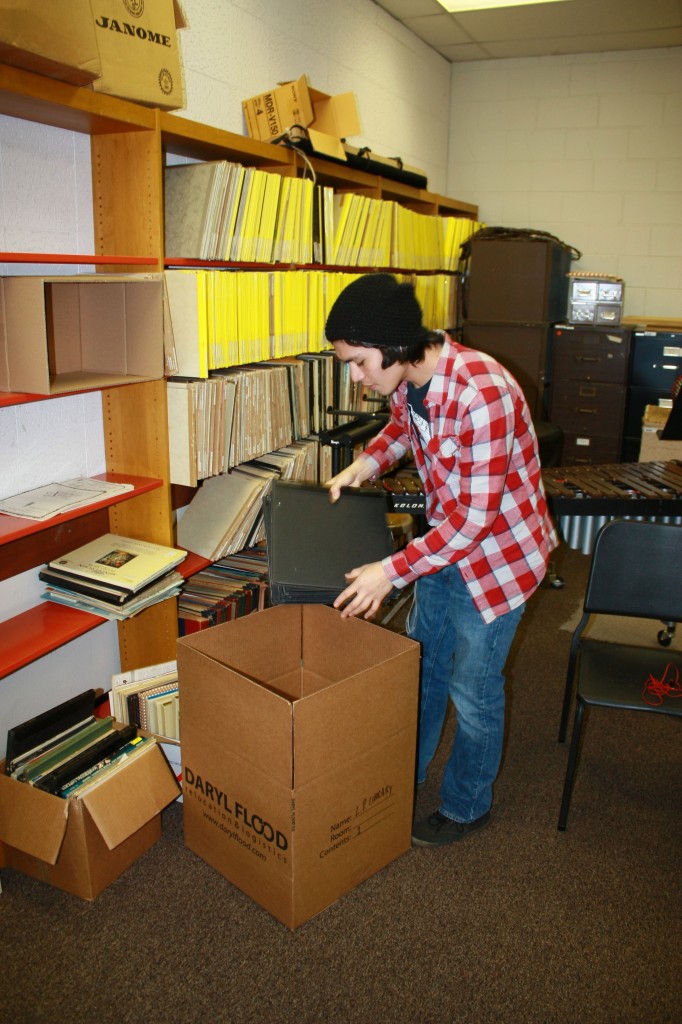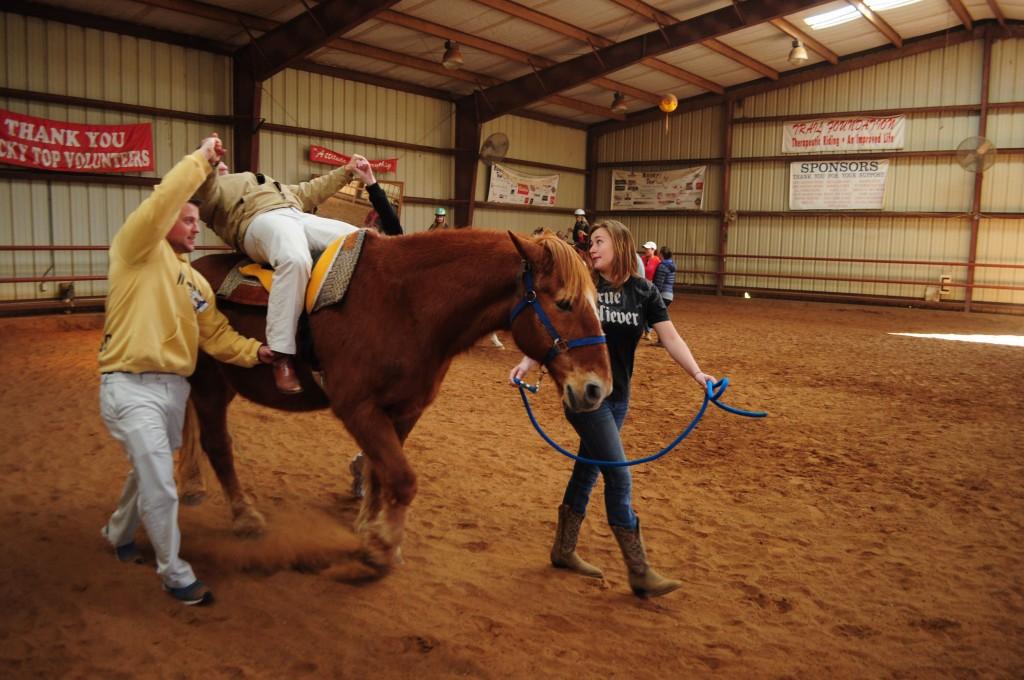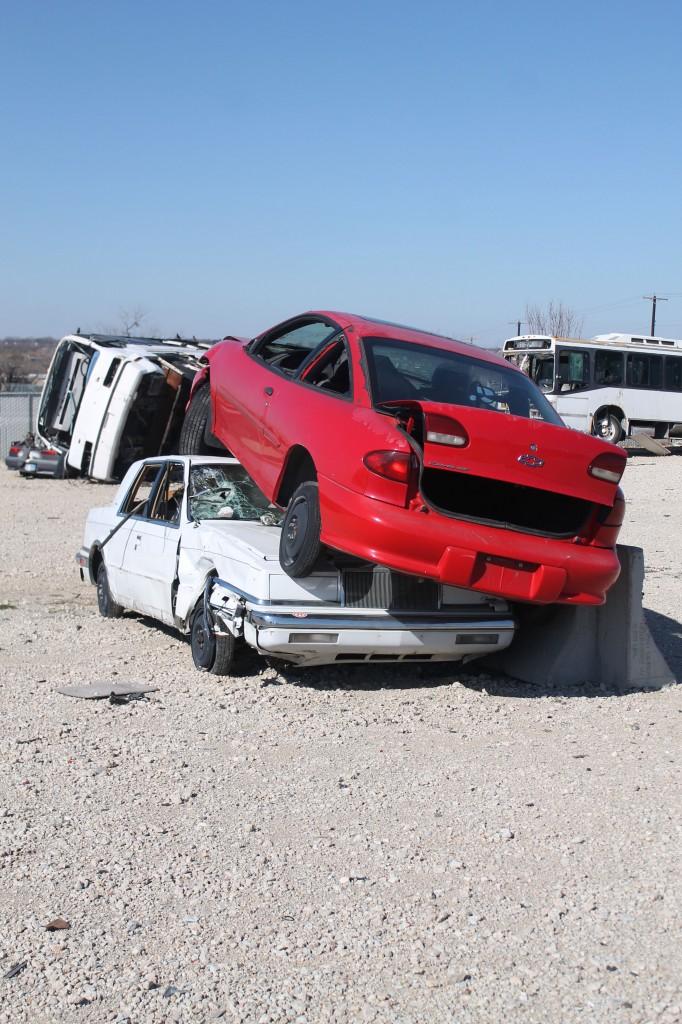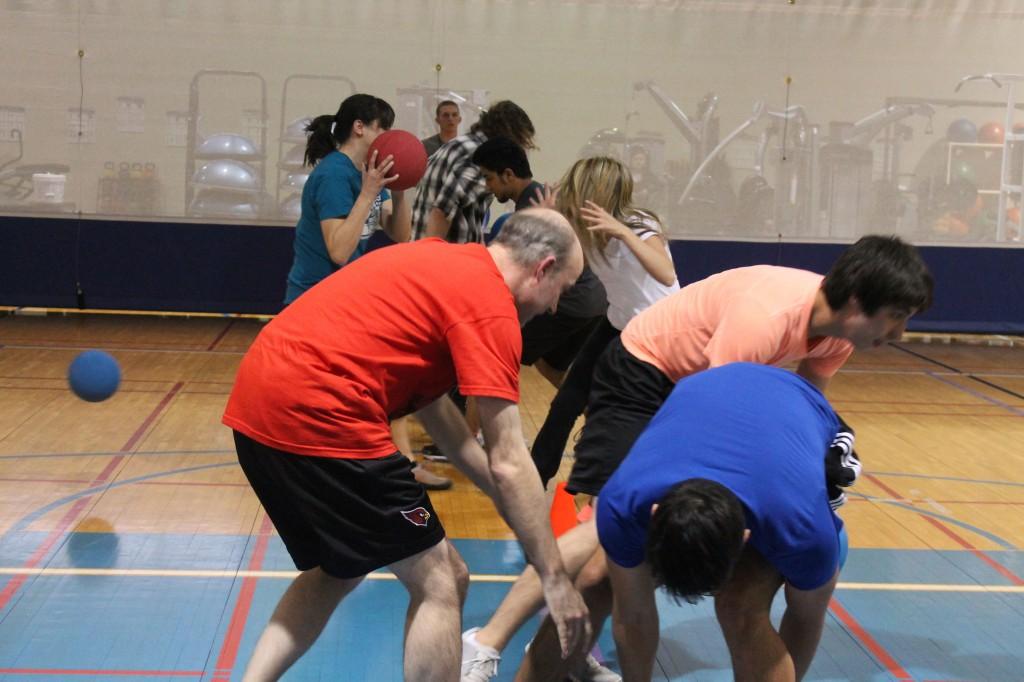By Kenney Kost/managing editor
NE Campus students will soon have access to a vast catalog of music from centuries past to present spanning many genres and various formats in the new listening lab scheduled to open in late August.
The driving force behind the project is the idea of a dedicated listening space conducive to learning with students in close proximity to other students and faculty.
“They’ve been a staple in the university programs forever,” said music instructor Phillippe Baugh. “The desired effect is to have more of a learning environment that, although directed by students, the instructors will be able to help them because it is here in the music department.”
Faculty members understand that textbooks alone are a major cost to students. With music majors also having to purchase and maintain instruments, asking them to purchase music required for music appreciation and other courses with required textbook selections has been a major concern, said NE department chair Karen Parsons.

“The textbooks’ CD sets for music appreciation are quite expensive,” Parsons said. “Most publishers offer streaming audio now, but sometimes, students avoid purchasing all of the supplies they need for class.”
The listening lab idea became a reality when the music department got approval for a major renovation of the entire music wing in NFAB. The renovation is set to begin March 6 with all classes to be moved out and spread across campus by March 5. Several planned upgrades include some of the smart functionalities of the prototype room NIMC 1219, called the “smart room.”
The space is being designed with intentional listening in mind for the students, Parsons said. With high-quality speakers, turntables, stereo equipment and headphones being installed, the space is being tailored to invite group listening and discussions as well as personal listening stations.
“Our music appreciation classes require intentional listening, listening that allows one to hear texture, form, melody, accompaniment, instrumentation and voice type, just to name a few,” she said. “Students are required to identify music during the course, so listening practice is going to be very helpful.”
The catalog is extensive, Parsons said, with 800 vinyl LPs, 300 CDs and three to four textbooks worth of required listening sets that will be available along with any other particular selections instructors might recommend.
Any student, music or non-music major, enrolled in a music course will have access to the lab, Parsons said. Music will not leave the campus, and the lab will be monitored to ensure the space is being used for intentional listening.
NE student Jon Sutter said he is eager to dig into the vinyl when the lab opens.
“I like vinyl. It’s got a good sound to it,” Sutter said. “But it’s hard to find vinyl. It really is, other than something by The Beatles or Pink Floyd or much newer titles. But it is limited on older classical and jazz as far as what you can find that is affordable. So it’s going to be a great service to students when it opens.”
Not only will it allow students access to required listening titles, it will allow them the option to try new music they may not have otherwise been exposed to, Sutter said.
“It’s going to allow people to easily access music they didn’t know existed,” he said. “Outside of a radio station, outside of what they already know, it can help widen their musical spectrum.”
Baugh said the music is available to students on campus but not in a centralized location where students are in close proximity to fellow students and instructors.
“I had been thinking of this for some years now,” he said. “We had something like it, but it was in the MIDI lab with classes going on at times, and they would feel leery about that.”
Although the department puts music on reserve at the library, faculty wanted a different experience for students.
“I wanted something where they would encounter other people instead of this kind of individualized learning they get when they leave the building — a place where they could feel comfortable listening to or transcribing music,” Baugh said.





























